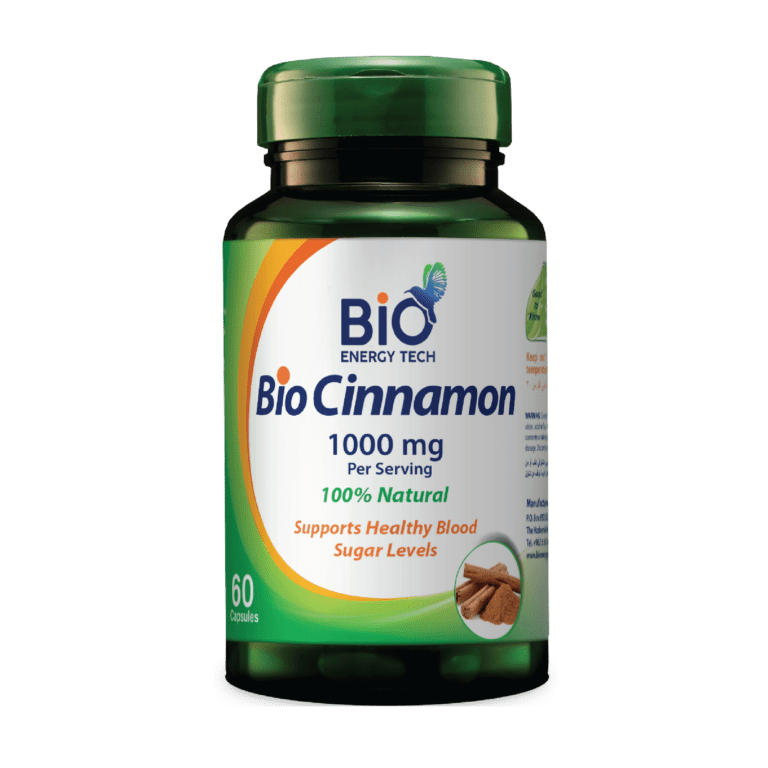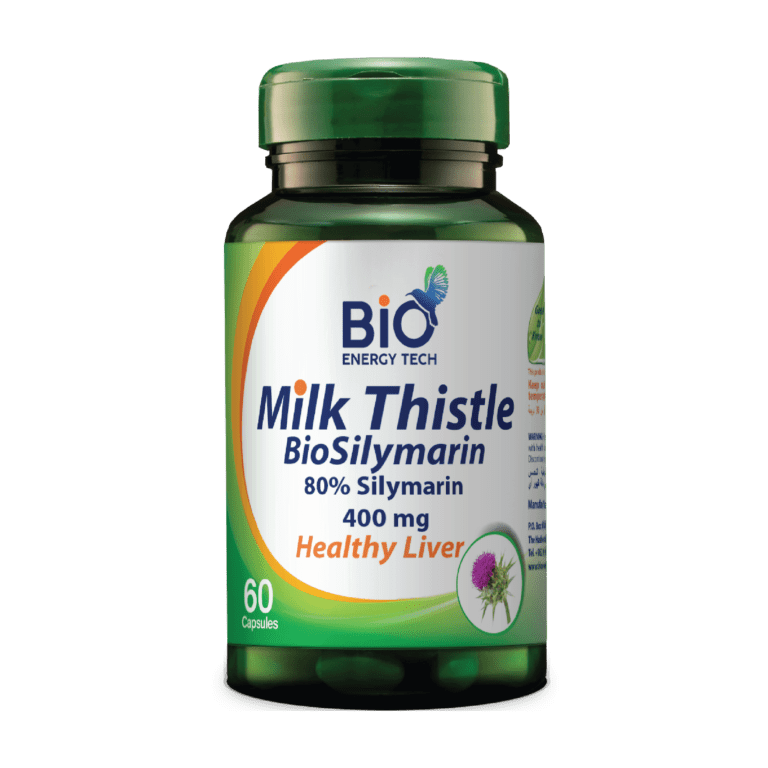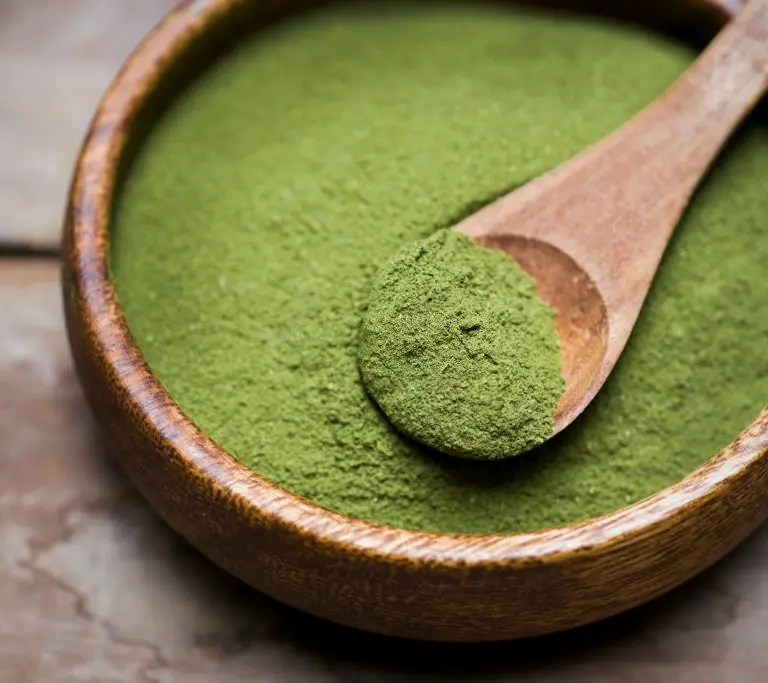The use of collagen supplements has recently gained popularity as a way to combat the symptoms of aging and restore skin, hair, bones, and joint health.
Collagen is a source of functional and biologically active peptides. Studies have shown that the benefits of collagen in improving skin elasticity, repairing cartilage tissue, reducing joint pain, strengthening ligaments and tendons, and improving bone density in postmenopausal women, is due to the ability of collagen peptides. These collagen peptides improve the synthesis of extracellular membrane proteins in many tissues by being a source of amino acids which aids in building the body’s collagen matrix.
Collagen Types & Sources
28 types of collagen have been identified, the most common amongst them are the following:
- Type I: Mostly found in the skin, bones, teeth, tendons, ligaments, and organs.
- Type II: Mostly found in cartilage.
- Type III: Mainly found in the skin, muscles, and blood vessels.
- Type IV: Found in the epithelial layer of the basement membrane of the cell.
- Type V: It is one of the main components of cell surfaces and the placenta.
The greatest amount of bioavailability and compatibility should be observed between extracted collagen and human collagen. The most common sources are bovine collagen, porcine collagen, and marine collagen.
After extraction, this collagen undergoes processing (enzymatic hydrolysis, sterilization, etc.), yielding changes in its particle size and physicochemical properties making it suitable for use by pharmaceutical industries.
Collagen & Skin
The skin is the body’s interface between its internal environment and the external environment, this organelle is able to continuously adapt during a person’s life. Collagen is the main structural protein in the extracellular matrix making up the skin. Its percentage reaches 75% in healthy skin and it is responsible for maintaining the integrity of the skin in order to support its many functions.
With age, the skin’s properties begin to deteriorate due to the inhibition of collagen synthesis. This leads to loss of elasticity, moisture, firmness in this vital tissue as well as the appearance of wrinkles on the skin accompanied by dryness. The rate of this degeneration is accelerated by several factors including continuous sunlight exposure, smoking, alcoholism, and nutrient deficiencies.
Studies have demonstrated that the age-related decline in collagen synthesis can be reversed through the oral delivery of bioactive collagen peptides. These peptides are obtained through the enzymatic hydrolysis of natural collagen and as a result of their metabolism in the body after administration, they are transformed into secondary and tertiary peptides (containing two and three amino acids, respectively) in the intestinal tract. These are then released into the bloodstream and embedded in the skin forming the vital collagen matrix.
The study was conducted on a sample of 72 women aged 35 and over (in the absence of chronic or acute diseases, allergies, consumption of drugs that may cause interactions, pregnancy, and other conditions that might affect the course and credibility of the experiment). Two groups were distinguished in the sample, each consisting of 36 women. One group received a supplement of bovine collagen peptides which underwent enzymatic hydrolysis and sterilization, while the other group took a placebo.
The trial lasted twelve weeks after which the following parameters were evaluated: tolerability, safety, skin moisture, skin elasticity, skin firmness and skin density. Additionally, a four-week follow-up of the test group was conducted to assess the extent of the effectiveness of the collagen supplement.
The results of this test indicated a significant improvement in the skin’s characteristics in the test group given the actual collagen supplement between the first and last week and also compared to the group given the placebo. An absence of side effects and allergies were observed and documented during the trial period and the four weeks following that.
In terms of the duration of effectiveness during the 4-week observation period, despite the decline of improvement in the skin’s characteristics, they remained higher than their original percentages at the starting point of the experiment.
Several other studies have been conducted and each corroborated the results of this trial, that collagen supplements can be taken as a way to preserve the skin structure and properties.
Collagen for Bones & Joints
Osteoarthritis is a chronic inflammatory disease characterized by chronic joint pain, swelling, stiffness, loss of joint space and flexibility in addition to the development of bone spurs. This is due to the disintegration of the extracellular tissue of the synovial joints, especially in the limbs, knees and hip.
The loss of motor function and severe pain lead to a reduction in the quality of daily life for patients, therefore many studies have been conducted in an attempt to overcome this disease by using non-pharmacological methods such as surgery, physical therapy, diets and weight loss, in addition to pharmacological methods such as the use of collagen type II.
The basis of this study depended on the conduction of an oral tolerance induction test on the gut-associated lymphoid tissue to distinguish between harmless and potentially dangerous compounds in collagen. This test usually stimulates an immune response in the body where studies have shown that giving type II collagen will induce this tissue to produce T cells directed to this type of collagen which then exit into the bloodstream, targeting the collagen present in the bone cartilage to stimulate an immune response against the inflammation caused by osteoporosis, thus relieving osteoarthritis symptoms.
These studies also indicated the absence of side effects, toxicity, chemical and histological changes when using collagen to control symptoms of osteoarthritis, giving it a wide safety window.
Other Uses of Collagen
- Treatment of Chronic, Oozing, Necrotic Wounds & Second-degree Burns
Collagen membranes have been used in some reconstructive surgeries and collagen grafts have been taken as a way to regenerate nerves and rebuild arteries based on their regenerative properties.
Studies have also shown that consuming collagen supplements with exercise enhances the process of repairing muscles, increasing muscle mass & strength.
Some studies have shown an effect of collagen in improving the hardness of nails, increasing hair growth and preventing hair loss.
There, also, is a theory for collagen’s role in weight loss and gut health however insufficient studies are supportive.
- Preventing Collagen Loss
Collagen loss can be prevented through some diets rich in nutrients that help collagen formation; like:
- Proline: Found in egg whites, meat, cheese, and soy.
- Vitamin C: Found in oranges, strawberries, peppers, and broccoli.
- Copper: Found in nuts, red meat, and fish.
- Vitamin A: Found in animal-derived foods and vegetables in the form of beta-carotene.
Should You Take Collagen Supplements?
Some people oppose the use of collagen supplements due to the weak evidence of their benefits. This is partially due to the inability of studies to cover all the points related to collagen treatment so far, in addition some bias is suspected due to the fact that some studies are being conducted by the same companies that produce these supplements. However, it is undeniable that collagen has a role, if not a crucial one, in improving many health concerns.
Due to collagen’s nearly diminished side effects, the fact that it plays a structural and functional role since it constitutes such a large percentage of the body’s extracellular matrix and its loss with age, it can confidently be said that taking collagen supplements has positive health effects, especially after a certain age.
It is also worth noting that you should consult a doctor if you plan on taking these supplements to make sure that there are no allergies or drug interactions in your case.







